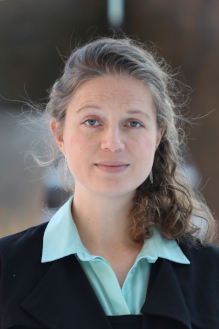By drawing on rhetorical narrative theory, cognitive poetics, and cognitive psychology and neuroscience, Alexandra Effe investigates the intersection of fictional and autobiographical writing from the eighteenth century to the present day.
In accounts of the self, facts and truth are contentious concepts since autobiographical narration involves parameters such as the unreliability of memory and the performative power of narrative as a way of making self and world. Partly or entirely fictional modes of life writing have a long history, and texts highlighting the interplay of factual and fictional modes have become very popular in recent years. On the basis of case studies from the eighteenth century to the present day, this project analyzes modes of fictional(ity in) life writing, describing their cognitive effects and affordances both for authors and readers.
By drawing on rhetorical narrative theory, cognitive poetics, and cognitive psychology and neuroscience, the project provides an innovative perspective on the development of the genre of autobiography at the intersection with the genre of the novel. The project moreover offers a scientifically informed and historically and culturally situated account of forms and functions of (partly) fictional life writing. Through its integrative interdisciplinary approach, the project lastly reconsiders the concept of fictionality in narrative theory in relation to the cognitive capacity of imagination.
- Alexandra Effe is Postdoctoral Fellow Literature
